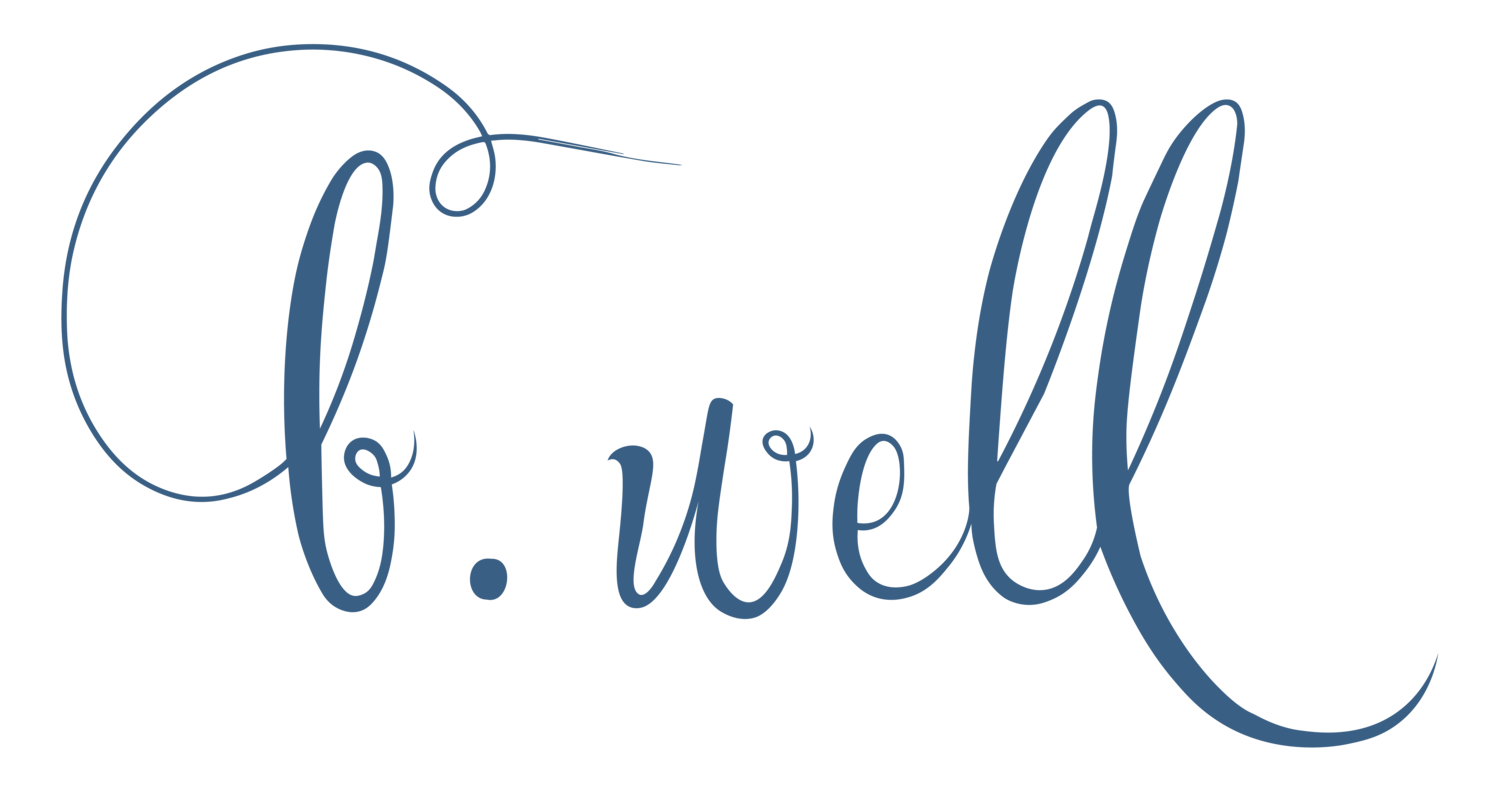Lessons from an ACOA
I am a faithful member of a 12-step program. Most Tuesday nights, I attend Al-Anon, a support group for those who are currently or have been in a relationship with alcoholics. As an Adult Child of an Alcoholic (ACOA), I learned lots of dysfunctional behaviors in my family of origin. Though these behaviors served to keep me safe as a child, they "looked like crazy" in adulthood. One behavior that I learned was that I was responsible for how everyone else felt. Messages like, "You're making me mad" or "You're getting on my nerves" taught me to ignore my needs and desires so that others could feel better. In a home affected by alcoholism, there was a lot of sadness, anger, and destruction.
I wanted and needed a happy home. I made it my mission to try to make everyone happy. I hid how I felt, pretended I was okay, acted as if I didn't need anything from anyone, and thought I could always fix it (even if it wasn't my problem). My subconscious thought was, "If I could fix it, them, or the situation, I could get the love I need." I replayed this pattern in several of my adult relationships. As a child, I did not know I could not generate happiness for others. I could not make others feel better: we decide how we feel. Today, I understand that happiness comes from within. I create my happiness. I create my joy. I am joy.
In last week’s meeting, a fellow ACOA shared that she felt responsible for everyone else's actions. In her home, she heard, "Look what you made me do" after the adults had become violent or made a mistake. As an adult, she believed that everything was her fault. Others did not have to take accountability for their behaviors or choices because no matter what they chose to do, it somehow related to them being guilty or wrong. I could relate to this experience as well. What did you learn in your childhood home?
Although you may not be an ACOA, we unconsciously learn ways of being that significantly affect how we think about ourselves and the world around us. Unfortunately, many of us fail to address the issues of our childhood. Instead, we unconsciously repeat them in our adult lives. Are you living the life you deserve and desire?
